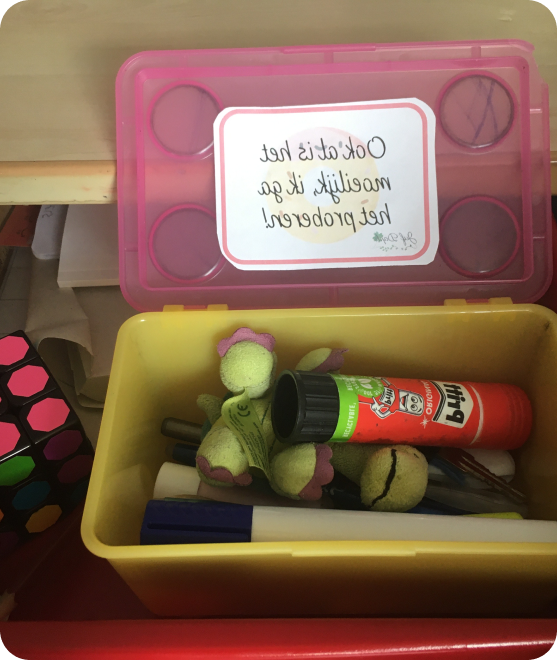Services
Ventio engages in research, advisory services, and training. Scientific research forms the foundation of our work. Through advice and training, we bridge the gap between the academic field and practical applications. Our services target youth care institutions, social work, government agencies, and municipalities.

Research
We conduct groundbreaking scientific research on new interventions for juvenile offenders. This research can inform forensic and clinical care, providing new tools for addressing youth crime. To facilitate the implementation of new treatment methods in clinical practice, we work closely with policymakers and care professionals.
Additionally, we offer comprehensive analyses of juvenile delinquents to unravel prevalence rates, patterns, recidivism rates, and the effectiveness of current and new treatment methods. We also develop projects in collaboration with municipalities and police to better understand and prevent crime and treatment challenges.

Advice
We work hand-in-hand with policy makers and youth care institutions to foster the healthy development of young people by addressing challenges and creating opportunities for growth. Our advice focuses on promoting resilience, preventing youth crime, and designing interventions that build on the strengths of each individual.
Our strong connections with Universities and leading Forensic Youth Institutions allow us to translate the latest scientific insights into practical, positive solutions. Together, we aim to create evidence-based approaches that empower young people and their communities to flourish.

Training and Workshops
We offer training sessions and workshops for social workers, youth care providers, and police officers on the biopsychosocial approach to youth crime. This approach not only examines biomedical aspects but also considers psychological and social factors that significantly contribute to the development of problem behavior. Understanding the psyche of young offenders is crucial for learning new techniques to engage with them and to address potentially dangerous situations more effectively.

Scientific Research At Ventio
The intervention programs at VENTIO are subject to scientific research with the goal of systematically evaluating their effectiveness. Through empirically grounded methods, such as controlled effect studies and longitudinal research, both the short- and long-term effects of these programs on the target group are analyzed. This enables us to accurately assess the impact of the interventions on specific outcomes, such as behavioral change, socio-emotional development, and the reduction of risk factors, as well as the enhancement of protective factors.
In addition to scientific evaluations, practical experience is continuously integrated into the research process. Feedback from practitioners and participants provides valuable information to dynamically adjust the programs to the needs of the target group and the context in which they are applied. These practice-oriented insights are systematically collected and analyzed to optimize the practical feasibility, acceptance, and relevance of the interventions.

By combining evidence-based research with practice-oriented feedback, a cyclical process of quality improvement is ensured. This process allows us to continuously refine, adjust, and improve the interventions based on both scientific data and field experiences. In this way, we strive for the ongoing enhancement of the effectiveness and efficiency of the programs, ensuring they align optimally with the needs of the target group.
Findings are published in national and international journals, as well as in reports for practitioners. We collaborate on all projects with interns from Nijmegen University, Maastricht University, and the Open University in Heerlen. Students can write their thesis based on the research conducted.
The findings from research conducted within VENTIO’s projects are systematically documented and disseminated through various scientific and practice-oriented channels. Results are published in both national and international peer-reviewed scientific journals, contributing to the development of knowledge within the field. Additionally, practice-oriented reports are produced, aimed at professionals in the field, with the goal of promoting the practical applicability of research findings and supporting implementation in everyday practice.

VENTIO closely collaborates in all its projects with students from various universities, including Radboud University Nijmegen, Maastricht University, and the Open University in Heerlen. This collaboration offers students the opportunity to be involved in ongoing research and fieldwork, providing them with valuable practical experience. Students are actively involved in various phases of the research process, ranging from data collection and analysis to writing scientific reports. They are also given the opportunity to write their bachelor’s or master’s thesis based on the conducted research, contributing to both their academic development and the expansion of scientific literature in the field of behavioral interventions and forensic care.
This collaborative structure strengthens the interaction between theory and practice and provides a fertile learning environment for students, while simultaneously promoting the scientific and practice-oriented nature of VENTIO’s projects.